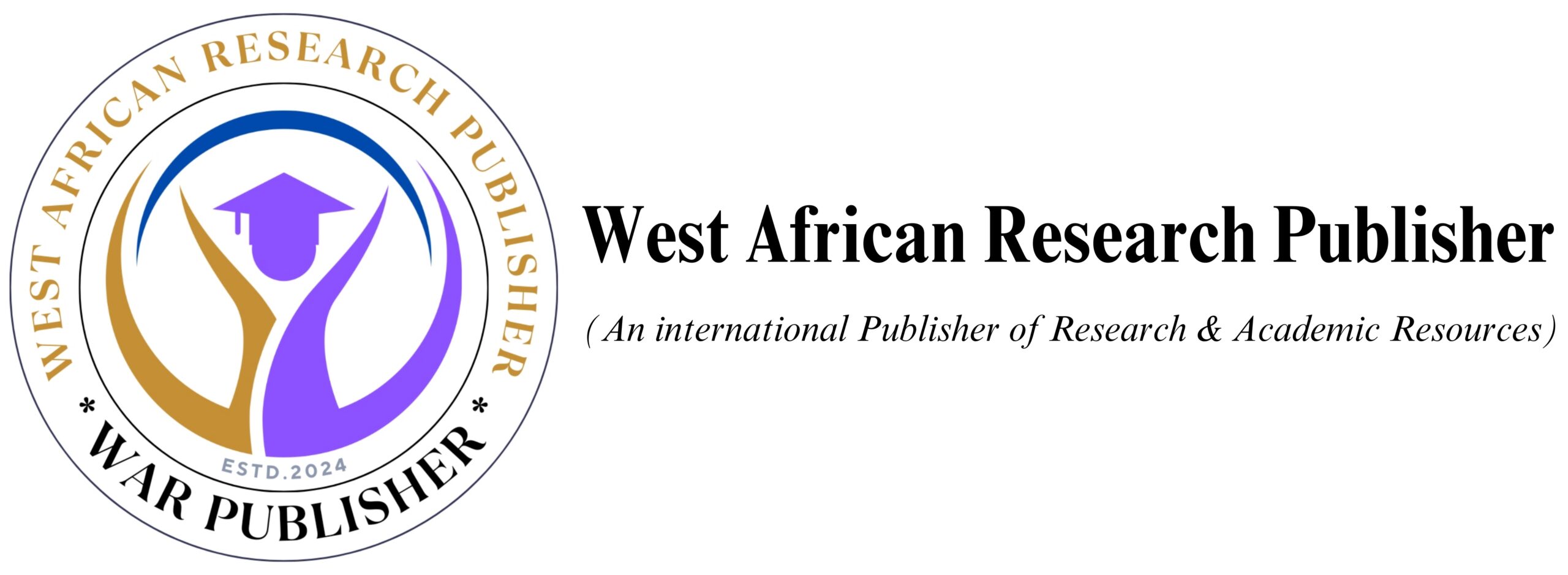The Ambivalent Impact of International Financial Institutions on National Sovereignty and Inequality: The Case of Morocco’s National Human Development Initiative (INDH)
This paper examines the impact of International Financial Institutions (IFIs), particularly the World Bank and IMF, on developing nations’ economic, political and social landscapes, using Morocco’s National Initiative for Human Development (INDH) as a case study. The research evaluates the effectiveness of IFI interventions in poverty reduction while critically analyzing unintended consequences including corruption, erosion of state sovereignty, and socioeconomic inequalities.
Through the INDH case (2005-present), we observe both achievements and limitations of IFI-supported development models. While the program contributed to reducing Morocco’s poverty rate from 15.3% to 4.8% (2001-2014) and reached over 4.6 million beneficiaries, its top-down implementation and microcredit dependency reveal systemic flaws. The study highlights how IFI conditionalities often prioritize donor agendas over local needs, creating parallel governance structures that bypass national institutions.
The paper identifies three major critique areas: First, IFIs’ historical support for corrupt regimes demonstrates institutional complicity in governance failures. Second, loan conditions frequently undermine fiscal and monetary sovereignty. Third, despite GDP growth, IFI policies have exacerbated inequalities – evidenced by Oxfam’s finding that 26 individuals now hold wealth equal to 3.8 billion people.
These findings suggest IFIs must reform their approach to genuinely support equitable development. Key recommendations include aligning aid with recipient countries’ specific needs rather than donor priorities, increasing transparency in loan agreements, strengthening local governance participation, and implementing targeted measures to address gender disparities and informal economies. The study concludes that without fundamental operational changes, IFIs risk perpetuating the very inequalities they purport to solve.
Key Words: Neoliberal Conditionalities, Sovereignty Erosion, Predatory Microfinance, nstitutional Capture, Structural Dependence, Development Paradox.

